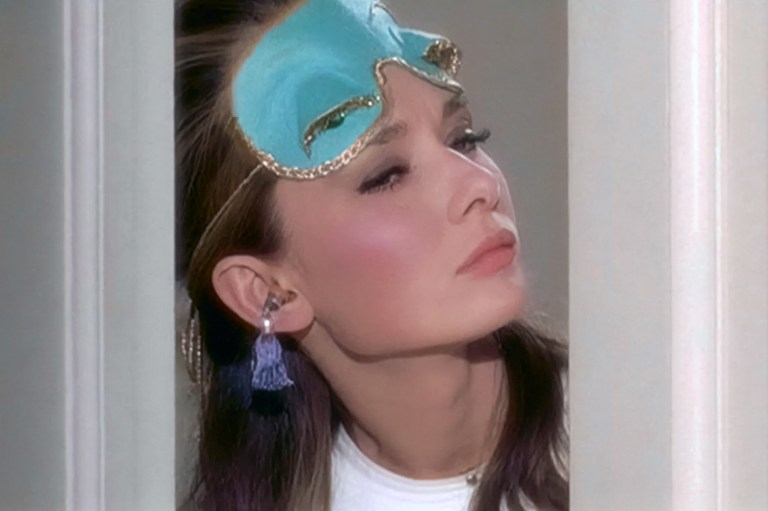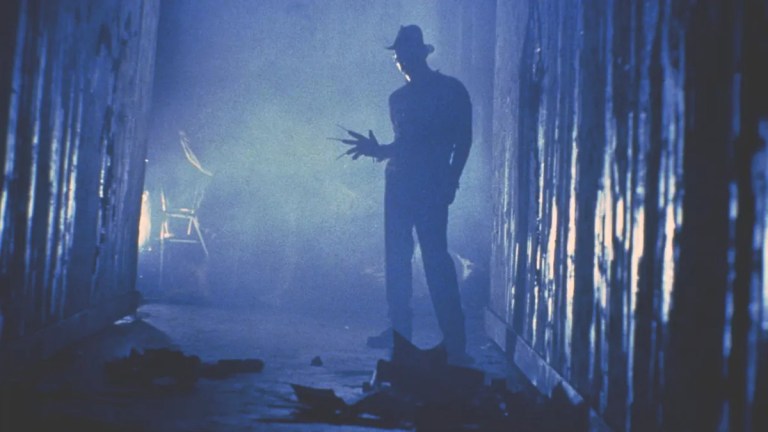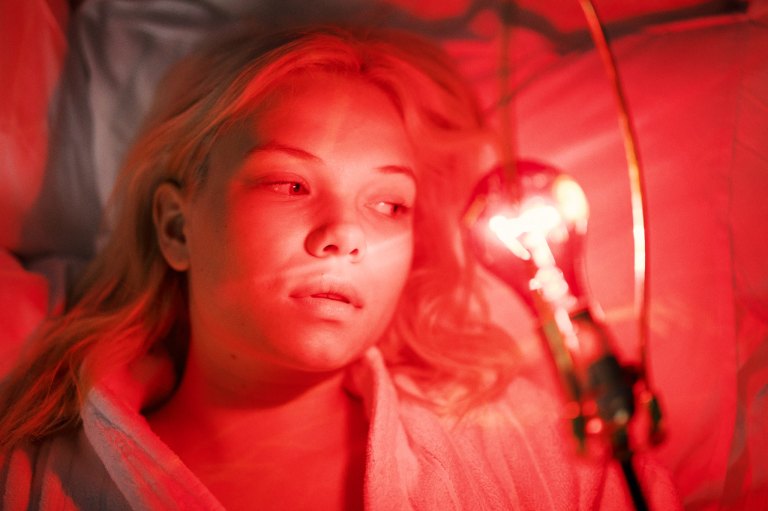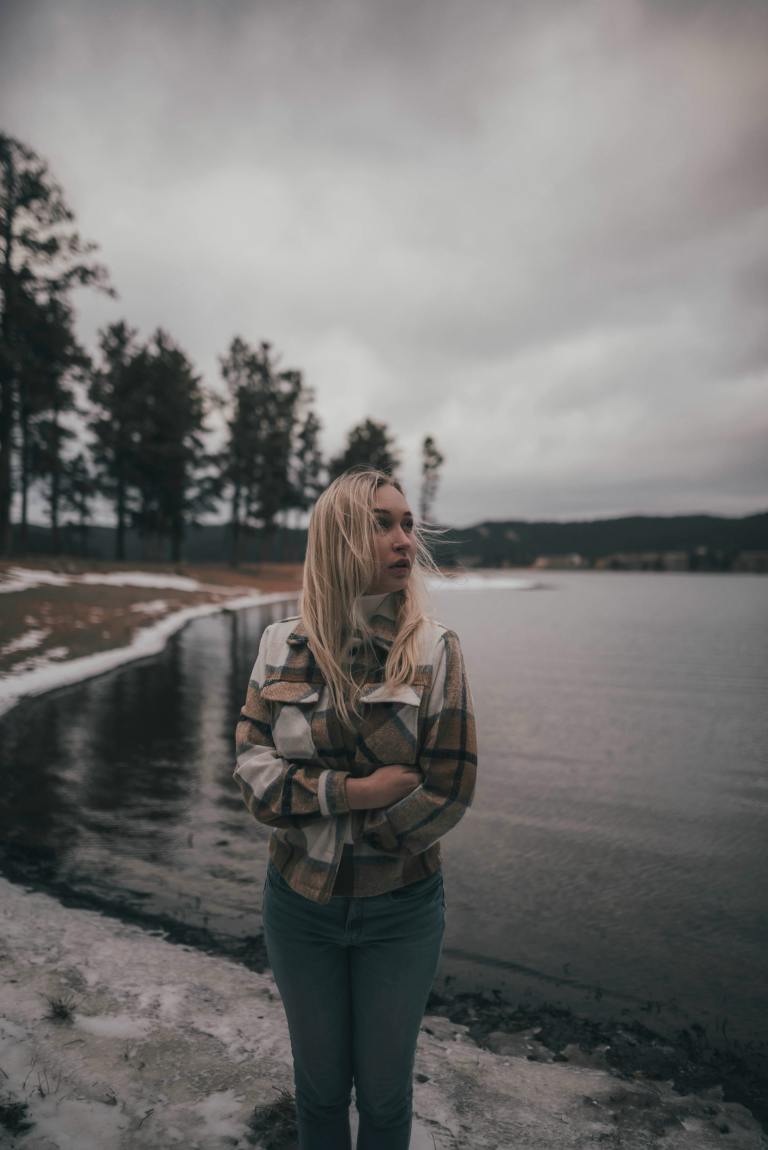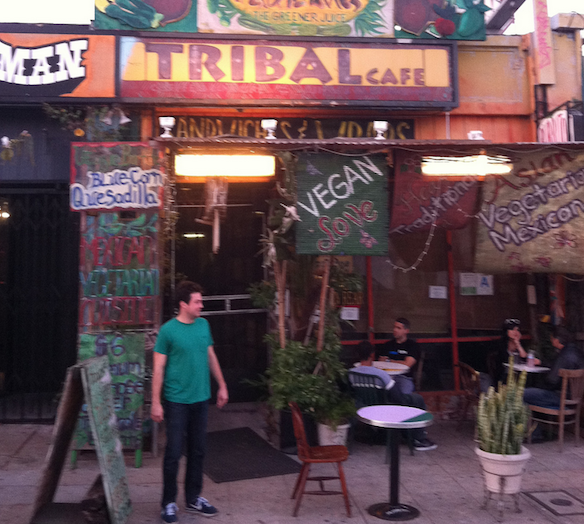
I Grew Up In The Midst Of A Massive Gentrification, And I Don’t Know What To Make Of It
I grew up in the midst of the gentrification of Los Angeles and I don't know what to make of it.
By Laira Martin
I grew up in the midst of the gentrification of Los Angeles and I don’t know what to make of it.
I grew up poor in Silver Lake. Not the “I can’t pay my rent because I’m a musician and spend my money on Camel Blue cigarettes” poor that is now so familiar in the city by the reservoir. I grew up well beneath the poverty line. Like any victim of gentrification, Silver Lake, Sunset Junction and Los Feliz were once the stomping grounds for struggling families, not struggling actors. The rent was cheap and the pupusas for sale on the corner were cheaper. James Franco didn’t own a house here and you never had a celebrity sighting on Sunset Blvd. because Sunset Blvd. was filled with junkies and prostitutes, not pseudo-glam frozen yogurt-eating Instagram celebrities. Families that have lived on my street longer than I have been alive are now forced to move further east due to the increasing cost of living. But now I’m 21 and I also subscribe to hipster youth culture and I don’t know what to make of that either. I’m playing two sides of a fucked up dichotomy.
Last year, Forbes named Silver Lake the no. 1 “Hippest Hispter Neighborhood in America.” In addition to the redundant title, their methodology is especially appalling. They calculated mundane facts (i.e. coffee shops, vintage shops, food trucks, farmer’s markets etc. per square mile) to determine how hip a city was. Their criteria for an entire subculture is literally the frequency of overpriced organic kale and clothing divided by area with the added bonus of the perpetuation of stereotypes. They even included the Webster definition of “hipster” in the article as some kind of trite rhetorical device. Sadly, none of this is a joke.
“Nestled between Echo Park and Los Feliz, the trendy community boasts some of the nation’s most lauded food trucks and farmers markets, a multicultural blend of residents with eclectic professions, and a booming arts scene,” the author writes.
Before Silver Lake became the mecca of fusion food, crop tops and teeny tiny cups of gelato, it was not the best neighborhood. Like many neighborhoods, ours had its prettier and uglier parts. I lived in the latter. They called my neighborhood Silver Lake but we all knew that the lake was a few miles away and we were on the wrong side of the 101 freeway. In Los Angeles, east is synonymous with worse, bad, wrong, crime and a plethora of other negative buzzwords I’ve learned to hide with a positive spin. “It’s not used, it’s “vintage.” You went east to get your car fixed on the cheap but you did not go east for brunch, ever.
My dad explained early on that we weren’t poor; we were “working class.” They never hid our financial turmoil from my brother and I but that doesn’t mean we understood what it meant. Having friends with infinity pools in the backyards of their Hollywood Hills homes juxtaposed with our house full of free furniture was confusing for me, even if that furniture was once used on the set of “The Godfather.”
The Silver Lake I remember had perpetual gray skies. When I was too young to remember, a drunk man tried to steal our beautiful German Shepard. My dad defended my dog friend but was subsequently hit in the face with a glass bottle which led to two nose jobs.
I drove my 1987 gold Ford clunker of a car home from homecoming (which, of course was held on the West side of town) in the tenth grade to find my street under yellow police tape siege in response to a triple murder suicide. I had to wait over an hour to walk down my own street and spend a sleepless night in my own bed.
Silver Lake was hip before being hip was hip. Elliott Smith shot his “Miss Misery” music video on my cross street while junkies that did the same kind of drugs as Elliott, in a less admired way, looked on. Jenny Lewis sang in coffee shops before you started writing your screenplay there. But as hipsterdom rose, so did the risks for locals. The displacement of families by artists and youths, all for the sake of cheap rent is what is actively changing a town that has rarely seen stability and it’s only a matter of time before it is in flux once again.
After living on the same street for the first 18 years of my life, I considered myself a local. But as hipsterdom peaked during my formative years, I took notice of the enigmatic subculture. I wouldn’t call myself a hipster because, let’s be honest, admitting your membership to the secret society of pretension is the first step towards termination of said membership. But I do subscribe to the culture. I shop at vintage stores. I drink unreasonably priced coffee (now that I can kind of afford it). And I frequent bars like Harvard & Stone, which is owned by friendly celebrity scientologist Danny Masterson. I Instagram my photo booth pictures from the Cha Cha Lounge after drinking $3 PBRs at happy hour. Luckily, the kinds of places that I once went to out of necessity are now considered cool. Buying a used dress for $5 from the unreasonably large Goodwill on Hollywood Blvd. was once something I’d cry about in shame in my pubescent years. Now it is something I seek.
Some people walking along the reservoir may see me and think I’m another transplant that moved from a podunk town to “work in the business.” They think I am the gentrifier. To my neighbors who say hello with a big smile despite our language barrier, I am still one of them. I am the gentrified.
I am the gentrifier and the gentrified. I am the victim and predator and I don’t know what to make of this. I like fashion, music festivals and the occasional social cigarette as much as the next 21 year old Angeleno. Aesthetically, I suppose I look like racially ambiguous hipster too. But I grew up dirt poor in the city of angels. Unlike the other kids that grew up alongside me on Monroe Street, I got to leave. I got to move to the beautiful city of La Jolla to go to the University of California San Diego for four sunny, gorgeous, thought-provoking years, and for that, I am grateful.
Was it because I wrote a personal statement with a similar sentiment of this essay that painted Los Angeles as the tumultuous town that shaped me as a person and citizen? Maybe. Is it because I am Caucasian (half Irish and half Israeli is still considered white on the dotted line despite my olive skin) and the rest of my neighbors were Hispanic despite of our very similar financial statuses? It’s possible. Was it because my parents used the skills from their military backgrounds to work the system, lie about our address and get me to a magnet school in Laurel Canyon instead of the overcrowded and under funded school that dawns the now-desired Silver Lake zip code? I don’t doubt it.
My family is now in a better place financially but they still live on the same street as before, no longer out of necessity but out of choice. My dad is standing his ground and fighting the great fight against the artistic adolescents. It’s been 41 years since he first moved into our house (he reluctantly agreed to pay the “expensive” rent of $185 per month back in 1972) and it doesn’t look like he’s leaving anytime soon. Tattooed men and their infantilized girlfriends in sundresses are slowly replacing the stray dogs and random rooster that once wandered my street. You were never to pet the stray dog, but the couple’s practice-baby adopted from the no-kill shelter was just fine to touch.
Sometimes I am resentful of the fact that I blend in. I know it is petty but it’s true. I feel like I’ve earned my place here and that they bought it. But at the same time, crime has decreased drastically, the art scene is blossoming and maybe when I move back to LA after graduation in a year, I can live in a quintessentially hip neighborhood (without my parents this time) while already knowing the ins and outs that often confuse transplants. I don’t have to use my iPhone to map where the famous Intelligentsia coffee shop is. I can just walk down a street in the neighborhood I call home to buy a $7 cup of civet coffee made with rare beans that have been digested by monkeys. That is, if the rent doesn’t skyrocket by then, otherwise I may be tempted to start my own gentrification movement elsewhere, but then again, maybe not. ![]()
